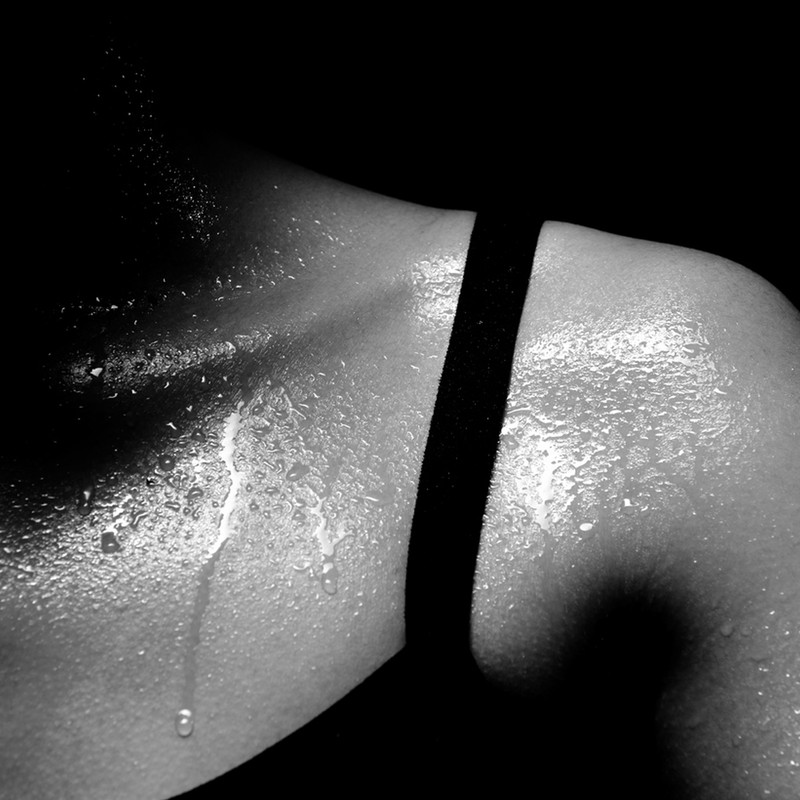5 Signs Stress Is Sabotaging Your Workout
You’re Always Sore
It’s normal to feel a little sore after an intense session, but when you’re burning the candle at both ends, the effects are multiplied. The mental demands of stress depletes valuable resources from the body, leaving you feeling more tired than usual. “If you feel like your muscles are never fully recovering and soreness is interfering with your next session, even following a rest day or two, stress could be the culprit,” explains Lucie Cowan, Trainer at Third Space London. “Decreased performance is also a key sign stress is affecting you. If you’re struggling to progress in your strength or performance, or find you can’t sustain what you could have previously done with ease, it’s time to scale back.”
TOP TIP: Don’t be afraid to take an additional rest day, says Cowan, and think about your nutrition, too. “On days when you feel particularly stressed, try and eat little and often throughout the day. This will keep your metabolism ticking over and will minimise peaks and troughs in your energy levels, which can help with stress.”
You’re Struggling To Sleep
Exhausted, but just can’t nod off? Cortisol, your body’s stress hormone, may be to blame. “Exercise is perceived by our bodies as stress,” says Cowan. “Running from a predator in the wild and a HIIT class aren’t actually that far apart, physiologically speaking. Typically, it’s the super-long runs and HIIT-style classes that result in the biggest cortisol response,” she explains. This, in turn, can affect your sleep. With sustained levels of higher cortisol, your body remains in a state of hyperarousal, even when you’re asleep, affecting the overall quality of your slumber.
TOP TIP: Support your sleep and fitness regime with tart cherries, either as a raw ingredient or supplement. Gideon Remfry, Wellness Director at KX & KXU, says cherries are best eaten in the evening to induce sleepiness and reduce inflammation.
You’ve Got An Injury
Niggling ache in your shoulder or unexplained pain in your knees? It could be down to stress. As Remfry explains, “The issue with prolonged stress is it burdens our immune system, causes chronic inflammation and ultimately breaks down our connective tissue, which can leave us highly susceptible to injury. Long term results rely on healthy tissue and steady muscle growth.” Cowan adds that stress can also impair motor coordination and visual perception, both being crucial for any sports performance. Moreover, she emphasises stress can alter our posture and biomechanics, leading to poor form, which can trigger an injury.
TOP TIP: Reducing stress will support increased collagen stability, boosting overall wellbeing. Consider switching up an intense workout for something more restorative, such as a slow yoga class or a gentle walk, if you feel your body needs it.
You’re Gaining Weight
Your hormones are also to blame for any weight gain you may have noticed, especially around your tummy. When you’re feeling intense pressure, cortisol is released in higher amounts. This then supercharges insulin production, which can trigger sugar and caffeine cravings, creating a vicious cycle. Moreover, additional cortisol in the body can also attack muscle mass, throwing your metabolism onto a downward trajectory.
TOP TIP: Counteract high levels of stress with a plant-heavy diet, advises Remfry. “Aim for ten portions of fruit and veg per day alongside lean protein, carbs and essential fats. That way you can supercharge your body’s ability to buffer against cellular stress and a high workout load.”
You’ve Got The Sniffles
Feel as though you’re constantly battling a cold? This could be a sign you need to re-think your gym regime. “Cortisol is vital for our wellbeing, providing us with the energy to fight injury, illness or infection and has potent anti-inflammatory effects for pain relief,” says Cowan. “However, excessive cortisol for prolonged periods of time can wreak havoc on our health and wellbeing, attacking white blood cells and antibody formation, which can lower immunity.”
TOP TIP: If you feel your immune system is taking a hit, give yourself some TLC. “Recovery is when the magic of exercise happens,” says Remfry. “Adequate sleep, good nutrition and any other de-stressing strategies you can add into your day will all pay off in the long run."
DISCLAIMER: We endeavour to always credit the correct original source of every image we use. If you think a credit may be incorrect, please contact us at info@sheerluxe.com.


